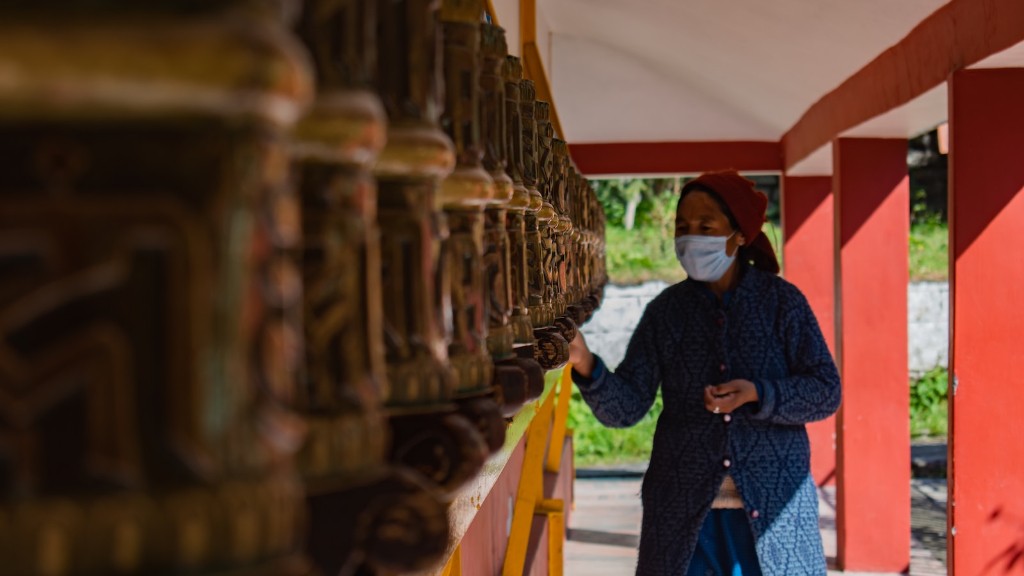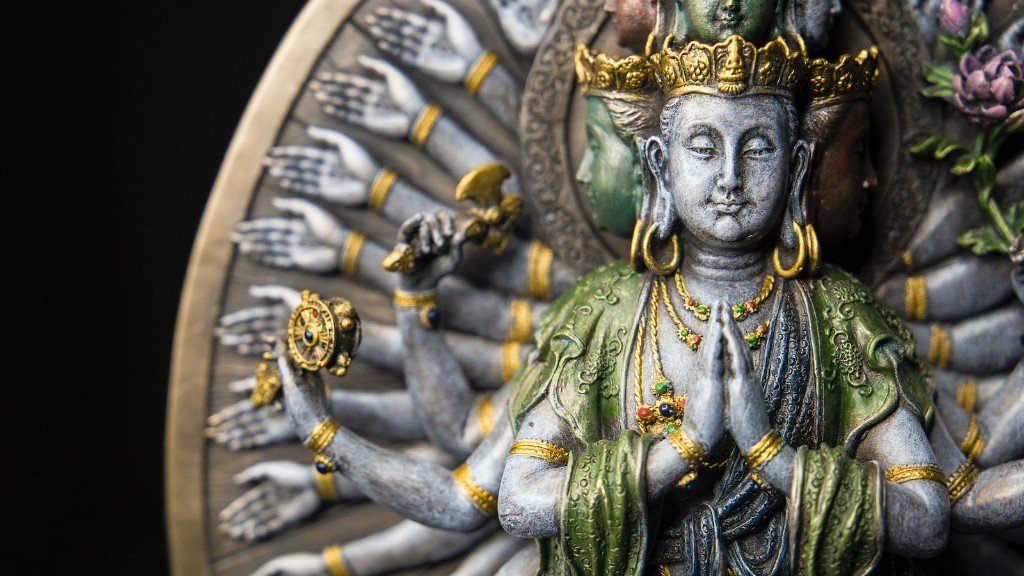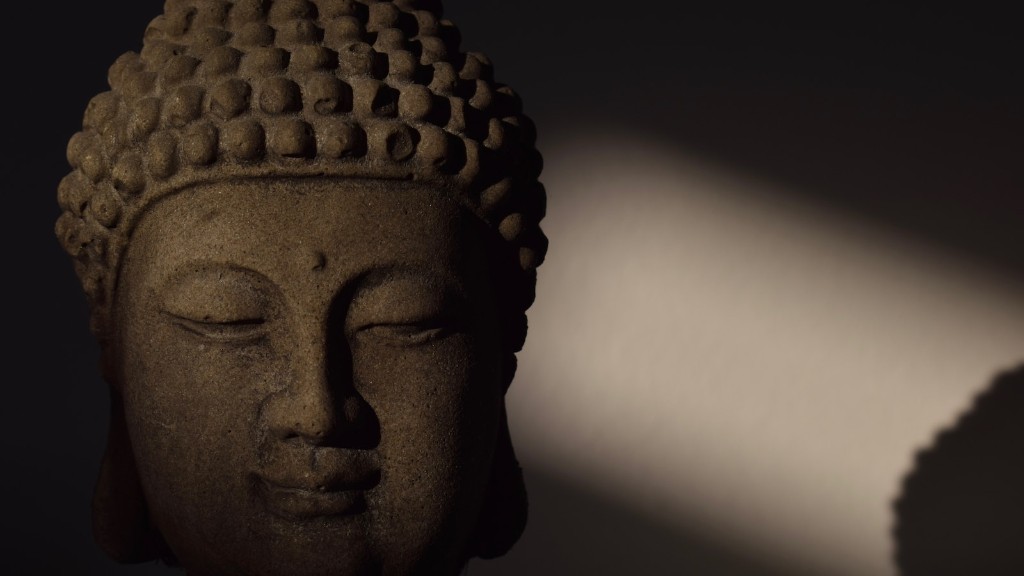Circumcision is an important ritual in Judaism and it dates from the ancient times. The practice of infant circumcision is part of the commandment given to Abraham in the covenant of Gen. 17:9-14 and is thought to signify a mark of the religious bond between Abraham and God. Also, circumcision is a sign of a covenant between God and the Jewish people, and it is seen as an identifier of one’s Jewish identity. Circumcision is an important part of Jewish life, and it is a sign of entry into the Jewish community.
The exact practice of circumcision varies among Jewish denominations. Generally, the Jewish religious tradition calls for the performance of circumcision at age 8 days. It is a religious covenant, not a medical procedure, and it is performed by a mohel, an expert in the practice of circumcision.
Today, circumcision is a necessary formality for conversion to Judaism as well as for newborns to the faith. According to Jewish teachings, circumcision is a sign of inclusion and belonging in the Jewish community. The act of circumcision serves to physically bind the child and his faith together, ensuring them a lifetime of faithful service.
Circumcision has a long and rich history in Judaism and provides insights into both the physical and the spiritual state of Jewish life. Physically, circumcision is a protection against infection and disease. Spiritually, circumcision is a reminder of the importance of faith and commitment to God’s law and a sign of the covenant of the Jewish people with God.
Throughout Jewish history, circumcision has remained an important part of the religious practice and it is still performed today by faithful believers. The act of circumcision encourages a deep and abiding faith in God, and it is one of the few rituals that is still practiced even in the most modern of times. For all these reasons, circumcision is an important ritual, and it serves to remind Jews of their covenant with God and the importance of their faith.
Why do Jews circumcise?
The practice of circumcision is deeply entrenched in Judaism, and it is an important sign of the covenant made between God and the Jewish people. According to Jewish beliefs, circumcision signifies entry into the spiritual covenant of the Jewish people, and it is seen as a sign of commitment to faith and adherence to God’s law. Furthermore, Judaism teaches that circumcision is a confirmation of a person’s commitment to Torah and the faith of the Jewish people. As such, circumcision is seen as an essential part of the Jewish faith.
The practice of circumcision, however, also has important medical benefits. Studies have shown that circumcision decreases the incidence of infection and disease, and it has been linked to a decrease in the transmission of HIV in men. As a result, circumcision is seen both as a religious requirement and an important medical intervention.
In recent years, though, circumcision has come under scrutiny, and many have argued that it is a ritual that is no longer beneficial for modern times. However, for most Jews, the importance of circumcision remains, and it is seen as both a spiritual covenant and a critical medical intervention.
Understanding The Circumcision Ritual
When it comes to performing a circumcision, Jewish law requires that the procedure be done in a specific way and only at specific times. The procedure is generally performed by a mohel, or an expert in the practice of circumcision. The circumcision is generally performed on the eighth day of the baby’s life, and the ritual is an important part of the welcoming ceremony.
The circumcision ritual is an important part of welcoming a newborn into the Jewish community. Studies have shown that the ritual reduces the possibility of infection and disease, and it is an important sign of commitment to the faith by the newborn. Furthermore, in addition to being a necessary step for conversion to the faith, circumcision is a sign of entry into the cohesive and supportive Jewish community.
The act of circumcision is also a reminder of God’s promise to the Jewish people, and it is a reminder of the spiritual bond between God and his people. The circumcision is a reminder of the ancient covenant, and it is also seen as a sign of identity and belonging in the Jewish community.
The Significance Of The Ritual
The circumcision ritual is an important reminder of the obligations and covenant of the Jewish people with God. It is a sign of dedication to faith and an acknowledgment that faith in God’s word is necessary to be a part of the Jewish community. Moreover, the circumcision is a sign of an eternal commitment to faith and reinforces the importance of following God’s laws.
Additionally, circumcision is also a medical intervention that seeks to reduce the possibility of infection and disease. Studies have shown that circumcision can reduce the chance of contracting HIV, and it has been linked to a decrease in infection and disease. As a result, circumcision is seen as both a religious and an important medical requirement.
Nevertheless, circumcision is a controversial topic in some circles, and critics have argued that it is no longer necessary in modern times. However, for many Jews, the importance of circumcision remains, and it is seen as both a spiritual obligation and an important medical protection. In the face of criticism and dissonance, the ritual of circumcision is still one of the few rituals that is still universally practiced and mandatory in Jewish life.
The Role Of Parents In Circumcision
While the ritual of circumcision is performed by a mohel, it is important to remember that the parents have an important role to play in the ritual. Parents are responsible for ensuring that their children receive the full benefit of the ritual, and that includes making sure that the ritual is done properly and in a safe and hygienic manner. Parents should also ensure that their children understand the importance of the ritual and that they are aware of their own commitment to the Jewish faith.
Along with the mohel, the parents are an important part of the ritual, and they must take responsibility for preparing the ritual space and helping their child to understand the significance of the ritual. Additionally, it is important for parents to be aware of their own commitment to the faith and to make sure that their child is aware of their own commitment as well. Ultimately, it is the responsibility of the parents to ensure that their child has the best opportunity to understand and benefit from the circumcision ritual.
Criticism of Circumcision
In more recent times, some critics have argued that circumcision is no longer necessary or beneficial and that it should be done away with. However, for most Jews, the importance of circumcision still remains and it is seen as a spiritual requirement and an important medical intervention. Furthermore, circumcision is still seen as an important sign of inclusion and an integral part of the Jewish community.
Even so, the criticism of circumcision has lead to an important dialogue about the importance of the ritual, and it has lead to a further understanding of the necessity and significance of the ritual. Ultimately, circumcision is an integral and necessary part of the Jewish faith and tradition, and it continues to hold a special significance for those who practice it.
Risks Involved In Circumcision
Like any medical procedure, there are risks associated with circumcision and it is important to be aware of them. Bleeding, infection, and physical trauma can all occur during the circumcision procedure, and it is important to make sure that the risk is minimized.
Parents should research the mohel they plan on hiring and make sure that they are an experienced and qualified expert in the practice of circumcision. Furthermore, parents should ensure that the circumcision is done in a safe and hygienic environment, and that the medical instruments used during the procedure are sterilized.
In addition, parents should also make sure that the baby receives proper care before and after the circumcision, including adequate nutrition and rest. Ultimately, parents should make sure that the circumcision is done with the utmost care and attention, and the risks associated with the procedure should be minimized.
Conclusion
Circumcision is an important ritual in Judaism, and it is an important sign of the covenant made between God and the Jewish people. The practice of circumcision is thought to decrease the chance of infection and disease, and it is seen as an important medical intervention. Furthermore, it is still seen as an important sign of faith and commitment to God’s word and an inclusion into the Jewish community.
The act of circumcision itself is a complex and ancient ritual that requires experience and expertise to perform. Parents play an important role in the circumcision ritual, and it is their responsibility to ensure that the process is done correctly and in a hygienic and safe environment. Moreover, it is important to be aware of the risks associated with circumcision, and parents should make sure that proper care is taken during the ritual.




